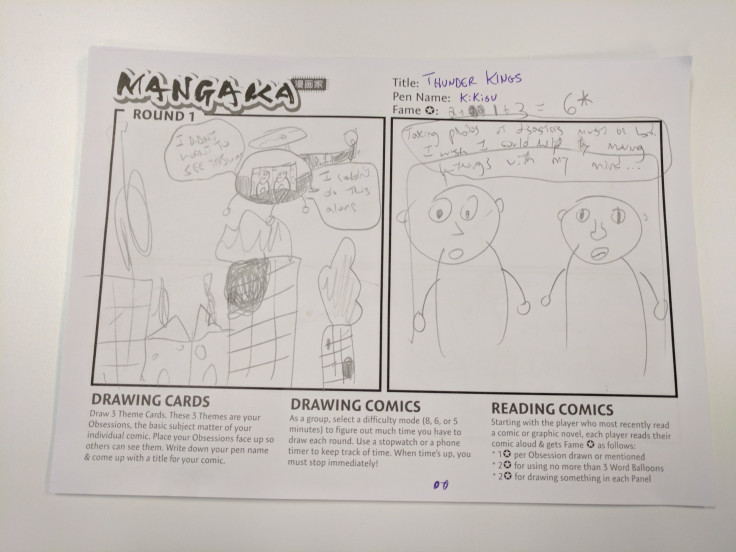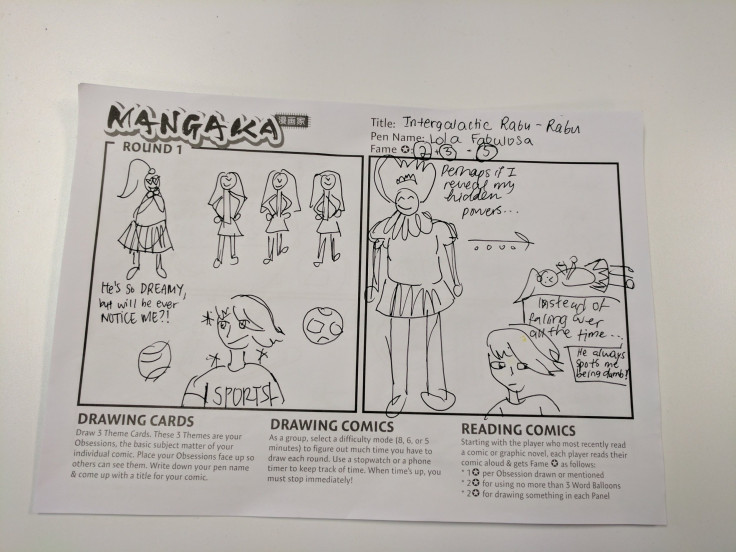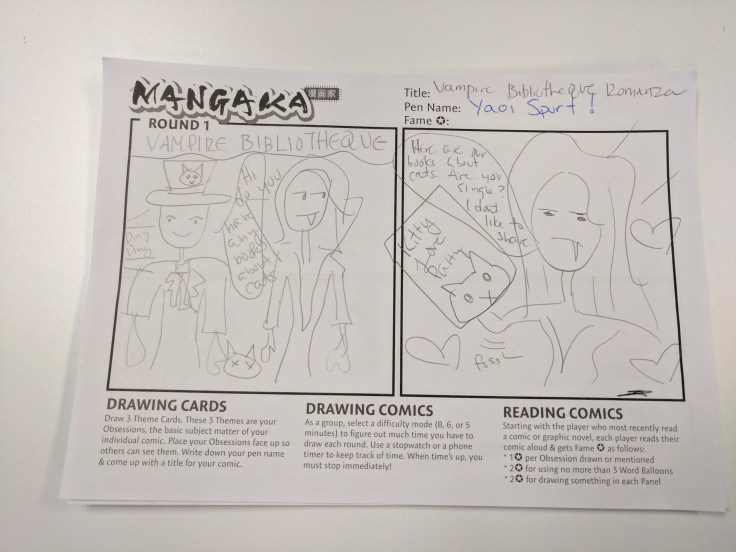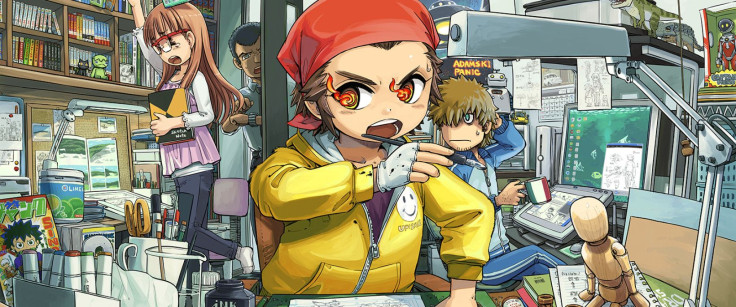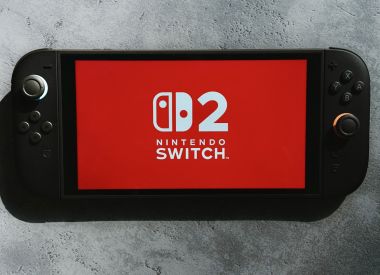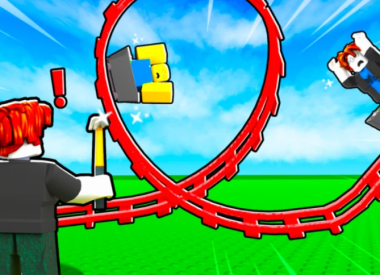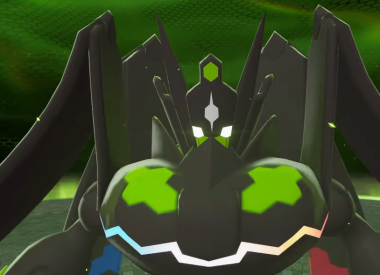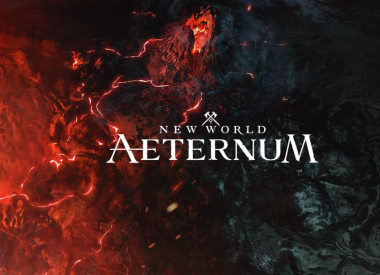Mangaka bills itself as “the fast and furious game of drawing comics,” but you don’t need to be an artist to play. In fact, stick figures are just fine: what Mangaka relies on more than anything is creativity, silliness and a willingness to expose your terrible art in front of your friends. With pen, paper and a timer, you and up to seven other players can have a rollicking good time. (While the box states that the game will take 30 to 60 minutes, I assure you that eight players will take at least two hours).
Mangaka is simple and only has four major components: round cardboard Fame tokens, four comic pages for each of the four rounds, Theme Cards and Trend Cards. The Fame tokens are fine for four or fewer players, but should be considered optional when the number of players exceeds that number, as handing out and making change with the tokens often takes more time than letting everybody grade themselves on the honor system.
The game works like this: you have four rounds that all go for the same amount of time (five, six or eight minutes). Each person has four comic pages: one with two panels, one with four panels, one with six panels and one with eight panels.
In Round One, each player draws three Theme Cards which will comprise the basic subject matter of their comic, then picks a title and an author name. The Theme Card deck is quite meaty at 136 cards. Here’s a sample of Themes you might draw which becomes your “obsessions,” which last for the duration of the game and are mandatory to include in each round:
Sumo; Bad Puns or Funny Names; Forbidden Love
Ghost Stories; ESP; Baseball
The Hero Foretold by the Prophecy; Cell Phones or Smart Devices; Fortune-Telling
Desire for Justice; Desire for Rebellion; Plants
As you can see, these are similar to prompts writers might use to get their imaginations flowing. So your comics, or manga, might be about:
Phat Donkey and Slip’N’Slide, two sumo wrestlers from rival schools, must keep their love affair a secret from the press, their colleagues and even their coaches
A dead baseball legend returns to guide a plucky little leaguer with ESP through the toughest game of his life
A prophecy found in Steve Jobs’ tomb warns of the Android Hero, a humble tarot card reader whose skill at their jailbreaking hobby will kill the iPhone
In a land whose beautiful woodland is choked by toxic waste, a folk hero emerges whose ability to control plants will prove critical to defeating the Captains of Industry
Round One only asks you to draw two panels and select your plot, title and author name. Rounds Two to Four get more serious. In each of these rounds, you draw new sets of Trend Cards. Trend Cards change each round, have detailed rules and are communal, unlike the “Obsessions” you draw in Round One. By observing as many Trends as possible each round, you accrue more Fame tokens, which are how you win the game.
The number of Trend Cards drawn increases each round, which adds hilarity and energy to your comic. You’re always able to discard one of the Trend Cards you draw, adding an element of flexibility to the random chance. So your game might look like this:
Round 2 (Draw 2, choose 1, discard 1)
White Collar: Include a White-Collar Theme (office jobs, business people, politicians, etc) for 2 Fame tokens. In addition, the player who includes the largest value of money, using a real number & currency, gets 5 extra Fame tokens.
Round 3 (Draw 3, choose 2, discard 1)
Science & Tech: Include a Science or Tech theme (mathematics, physics, etc) for 2 Fame tokens. In addition, gain 1 extra Fame token for each real word you use that is 11 letters or longer.
Family Values: Gain 2 Fame tokens for each of these themes that you include in your comic (maximum 4 Fame tokens): Desire for Family, Desire for Conformity or Normalcy.
Round 4 (Draw 5, choose 4, discard 1)
Melodrama: Write at least one Word Balloon consisting entirely of someone shouting another character’s name (maximum 1 word) for 3 Fame tokens.
Suffering: Gain 1 Fame token for each Panel containing either someone sweating or someone bleeding.
Shonen Manga: Gain 1 Fame token for each Panel containing either (1) the words “Friend, “friends’ or “friendship” or (2) physical fights (Swordfights, fistfights, etc)
Shameless Rip-Off: Include 1 or more Obsessions of the player who has the most Fame tokens at the start of this round. Gain 2 Fame tokens per Obsession imitated (maximum 6 Fame tokens).
As you can now easily see, some Obsessions are impossible (or at least very difficult) to marry to these Trends, while some of these Trends are impossible (or at least very difficult) to hit all in the same round. But that’s where the fun and creativity comes in. As the timer ticks down and you move from four panels to six and finally to a frantic eight, you must go with your first idea, no matter how wild, and scribble out the fastest execution you can, however ill-done.
Once the timer dings, everybody takes turns showing their comics to everyone and reading them out loud. This is usually laugh-out-loud funny as players range from shameless point-chasers to talented artists to wildly creative people who can’t even draw a circle but whose renditions of their stories make everyone cry laughing. Fame tokens are awarded by group decision, and in case of a tie, all players vote based on how creative and entertaining the comics were.
At the end of the rules booklet, there’s a Cosmo-style quiz results guide that tells you how good a Mangaka player you are based on your Fame tokens, which is a really adorable touch.
There are more rules, though they’re not complicated, designating what exactly comprises a “Word Balloon,” drawing, or valid expression of a Theme. An optional rule that promises even more hilarity, “Professional Mode,” has you give your comic to another player for them to read aloud, a true challenge of your storytelling abilities. (I’d add that the other player scores that comic, too. House rules!)
I’ve played the game with two players and with eight players. Both times, Mangaka was a source of real laughter and brain-bending creativity that really left your mind feeling awake and alert by the time the game was over with. It’s hard to think of criticisms for such a fun game: you can even print out extra Comic Pages for free from the game’s website.
There are also special rules for a Marathon Game, for playing as a team and for playing on your own depending on the level of challenge you’re looking for. All in all, Mangaka is a game that’s easy to play, easy to understand, and is guaranteed to create a memorable experience for you and your buddies. I love that it relies on your own inventiveness for maximum effect. Mangaka is really all I want from games and it fully delivers on its promise.
Check out some of our first pages below:
